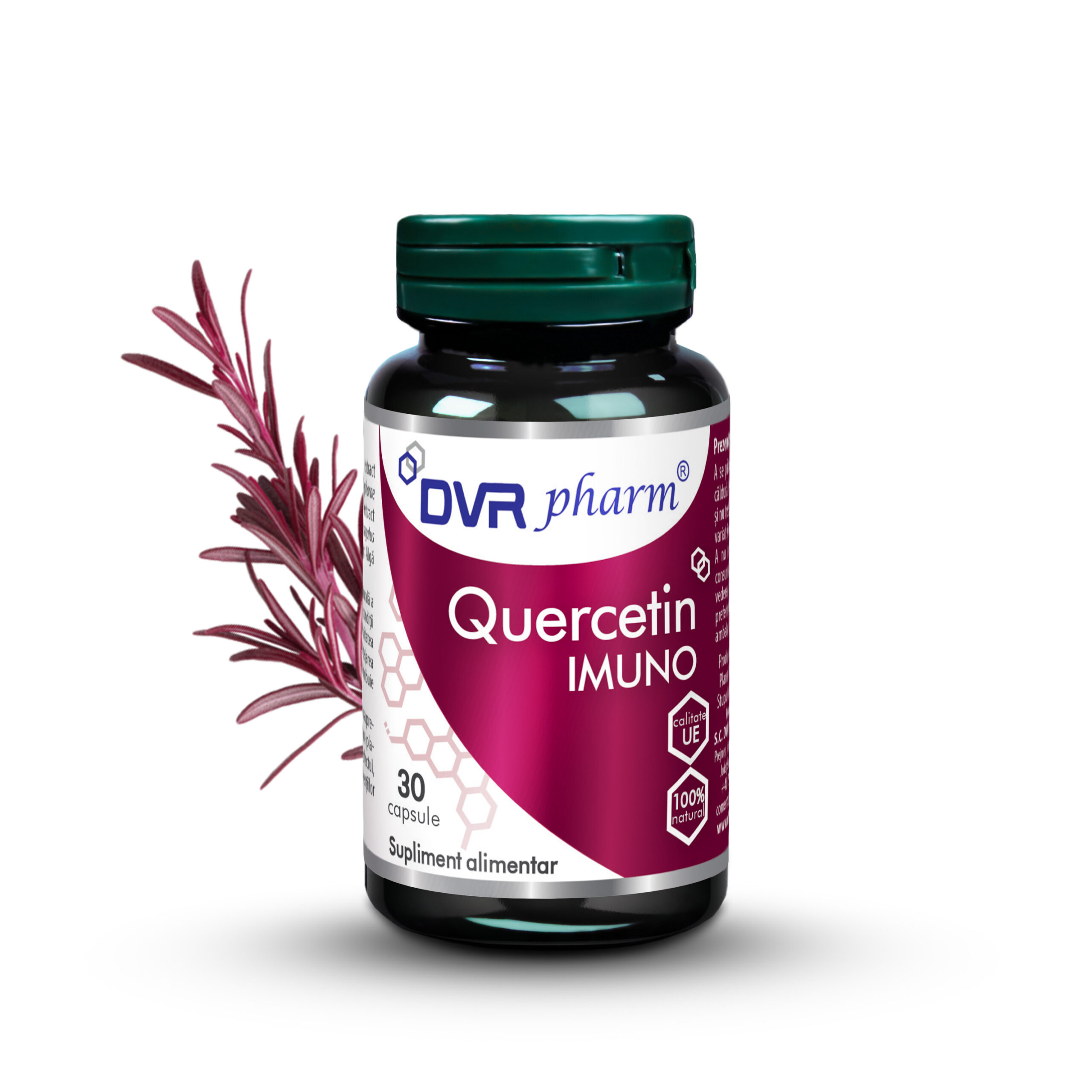Quercetin is currently considered one of the great hopes in the fight against infectious diseases of this century, especially as an adjuvant. Why? Because its interaction with viral 1 or bacterial 2 organisms, including some resistant to treatment, has been studied. Also, a possible effect in the regulation of the inflammatory 3 and immune 4 reaction, as a whole, has been considered.
Ingredients/capsule:
- Quercetin 95% from 30:1 hydroethanolic extract from Japanese Acacia flowers (Sophorae japonica) : 400 mg;
- hydroethanolic extract 20:1 from Astragalus root (Astragalus membranaceus) , with min. 50% polysaccharides: 15 mg;
- Calcareous algae (Lithothamnium calcareum) : 10 mg;
- Vegetable rice capsule.
Method of administration : One capsule each, 3 times a day.
Physiological actions:
Astragalus:
- supports the body’s natural defenses;
- contributes to the body’s resistance in severe environmental conditions;
- tonic that contributes to adaptogenic activity;
- antioxidant activity;
- contributes to the protection of cells and tissues from the action of free radicals;
- contributes to physical and mental well-being.
Precautions : May interact with immunosuppressive drugs (transplant patients), anticoagulants, antiaggregant-platelet agents, heparin, thrombolytic agents – potentiates their effect, increases the risk of bleeding. Stop the treatment before surgery (increases the risk of bleeding).
Contraindications : Autoimmune conditions.
Presentation: Bottle with 30 capsules.
2 “Potential synergistic activity of quercetin with antibiotics against multidrug-resistant clinical strains of Pseudomonas aeruginosa”; Chembili Vipin et al.; PLoS One. 2020
3 “The effect of quercetin supplementation on a selection of markers of INFLAMMATION and oxidative stress”; G. Askari et al.; J Res Med Sci. 2012
4 “Effects of Quercetin and EGCG on Mitochondrial Biogenesis and Immunity”; DC Nieman Henson DA et al.; Med Sci Sports Exerc. 2009


Reviews
There are no reviews yet.